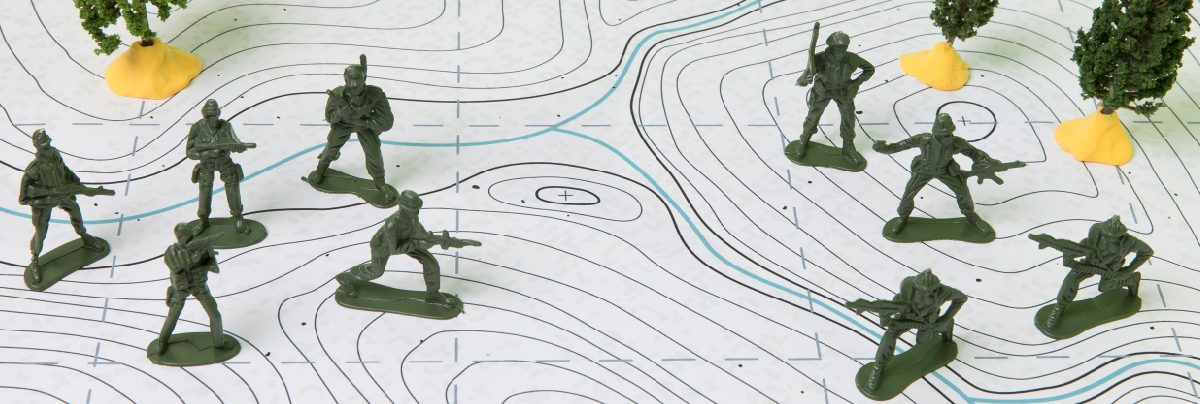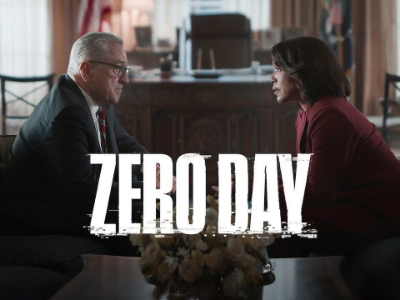World War I and World War II were massive global conflicts that brought immense destruction and loss of life. From these wars, several risk management lessons can be drawn, and many of them have applications in various fields beyond military strategy. Here are ten risk management lessons from these world wars:
1. Thorough Risk Assessment: Before engaging in any action, it is crucial to conduct a comprehensive risk assessment. Identify potential threats, vulnerabilities, and consequences of various scenarios.
2. Contingency Planning: Develop contingency plans to address unexpected events and potential failures. Flexibility is essential, as situations can change rapidly.
3. Intelligence and Information Gathering: Gather accurate and timely information to make informed decisions. Proper intelligence can help predict enemy movements and intentions.
4. Diversification and Redundancy: Avoid placing all resources or efforts into a single approach. Diversification and redundancy help mitigate losses if one strategy fails.
5. Logistics and Supply Chain Management: Ensure a robust and efficient supply chain. A lack of resources can cripple any operation.
6. Communication and Coordination: Establish clear lines of communication and coordination among all parties involved. Miscommunication and lack of coordination can lead to disastrous consequences.
7. Risk Monitoring and Adaptation: Continuously monitor risks and adapt strategies accordingly. The ability to adjust plans in real-time is critical in dynamic environments.
8. Learning from Mistakes: Analyze past failures and learn from mistakes to avoid repeating them. Post-mortems and after-action reviews are invaluable for improvement.
9. Understanding the Human Factor: Consider human behavior and psychology in risk management. People’s motivations and reactions can significantly impact outcomes.
10. Ethical Considerations: Evaluate the ethical implications of decisions made in risk management. Balancing risks and benefits while adhering to moral principles is essential.
These lessons can be applied in various contexts, such as business, project management, disaster response, and even personal decision-making. By learning from historical conflicts, we can enhance risk management practices and work towards a more secure and prosperous future.














